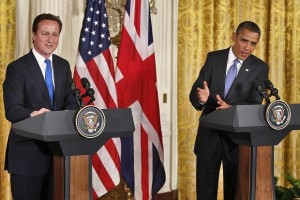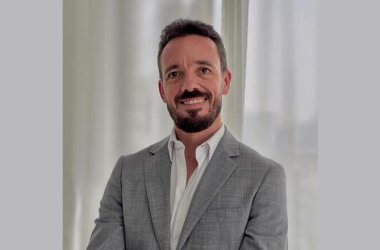 The U.S. and Great Britain are stepping up their collaboration to fight digital threats by planning to launch more attacks against each other to test their defences and deter potential enemies.
The U.S. and Great Britain are stepping up their collaboration to fight digital threats by planning to launch more attacks against each other to test their defences and deter potential enemies. The pair have been working together to prevent cyber attacks for some time, but are going to increase the collaboration.
They will combine their expertise to set up “cyber cells” on both sides of the Atlantic to increase sharing information about threats and to work out how to best protect themselves and create a system that lets hostile states and organisation know they shouldn’t attack, said U.K. prime minister David Cameron in an interview published by the BBC on Friday.
Cyber attacks “are one of the biggest modern threats that we face,” according to Cameron who is visiting Washington for talks with U.S. president Barack Obama. One of the topics high on the agenda is digital security.
The countries will increase “war games” launched at each other to test defences. “It is happening already but it needs to be stepped up,” Cameron said, adding that British intelligence service GCHQ and the U.S. equivalent NSA have know-how that should be shared more.
“It is not just about protecting companies, it is also about protecting people’s data, about protecting people’s finances. These attacks can have real consequences to people’s prosperity,” he said.
However, in order to protect companies and citizens better, increased snooping powers to track terrorists on social networks are necessary, said Cameron. He is planning to discuss this issue with Obama and U.S. companies including Google and Facebook.
The increased cooperation between the countries comes in the wake of the Sony hack and the apparent hacking of the U.S. Central Command’s Twitter account by ISIS (Islamic State of Iraq and Syria), which posted tweets threatening families of U.S. soldiers and claiming to have hacked into military PCs.
A further crackdown on online terrorists also fits into plans voiced by European Union (EU) ministers who, in the wake of shootings at the offices of the satirical weekly newspaper Charlie Hebdo last week, said that collaboration with Internet providers was essential to prevent terrorism.
Critics meanwhile have said that stepping up online surveillance is unlikely to prevent attacks like the one in Paris, pointing out that the killers were known to the French secret service, yet that knowledge did not prevent the shootings from happening.





